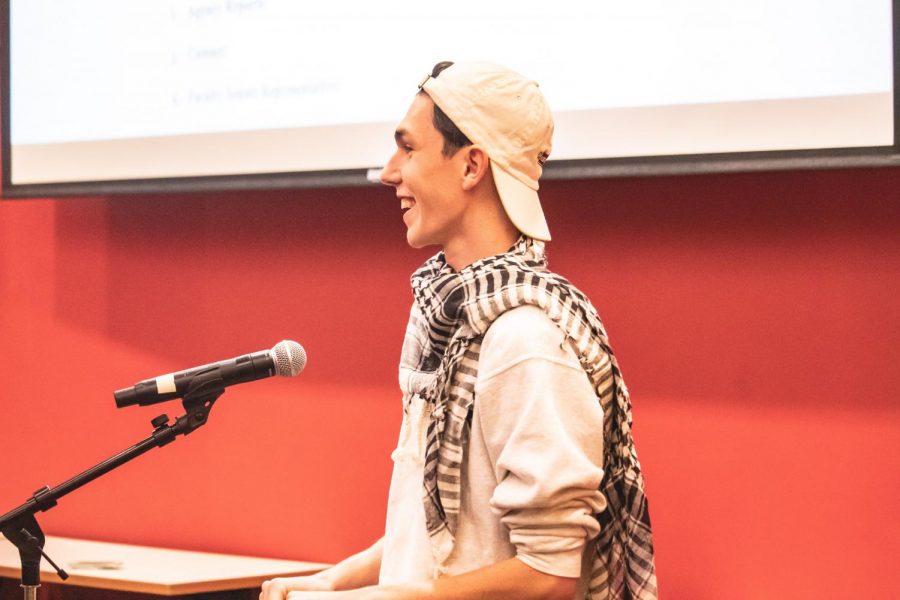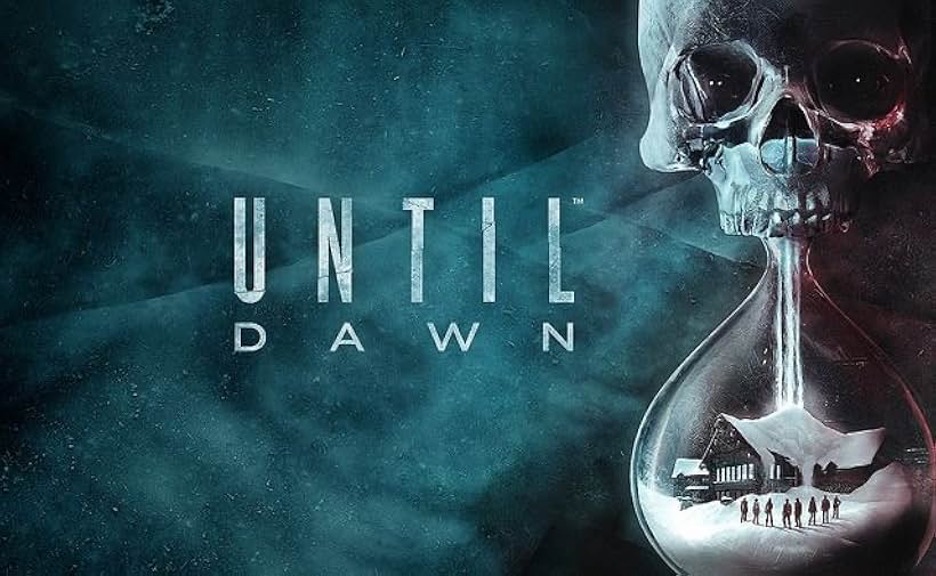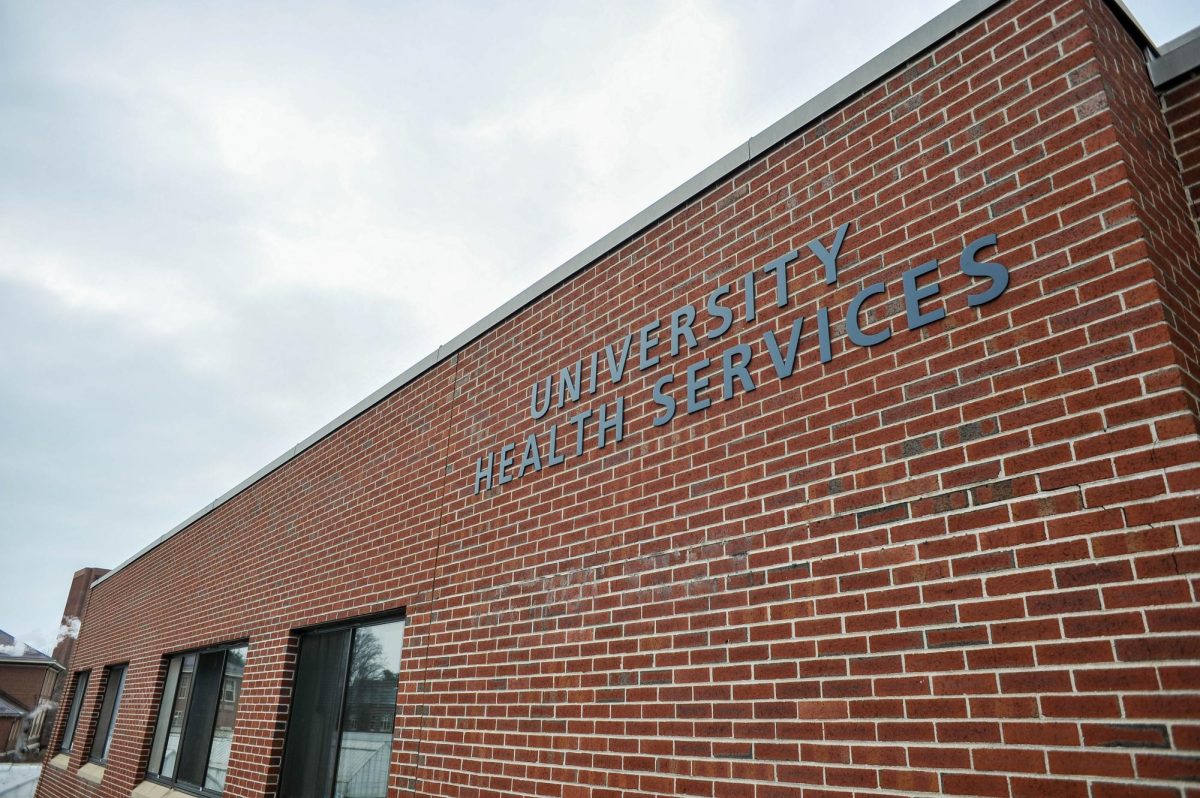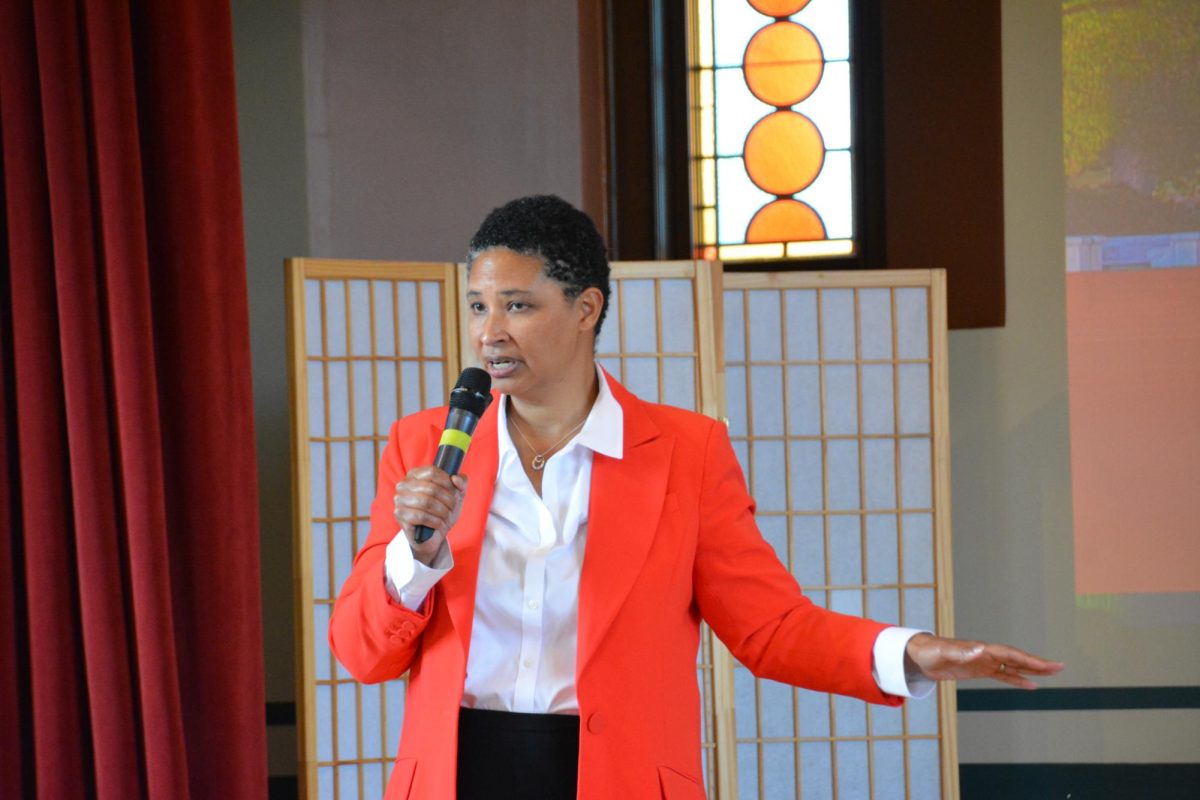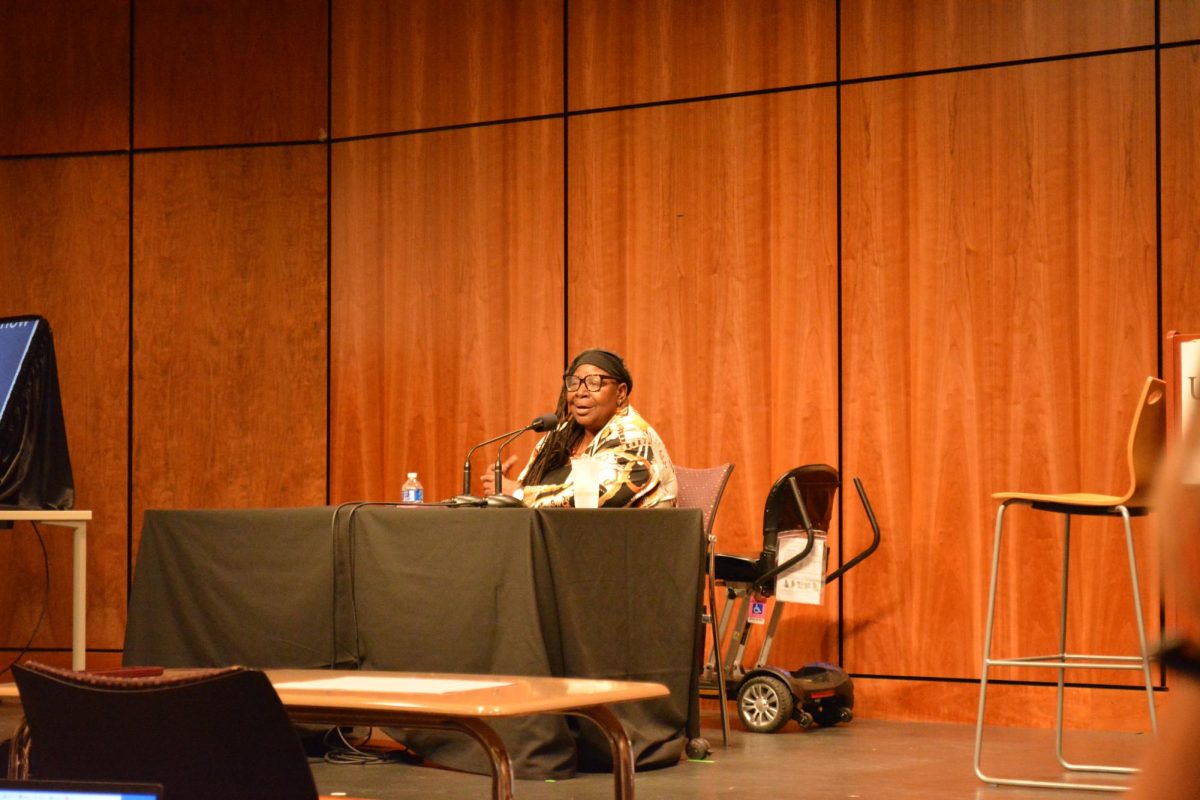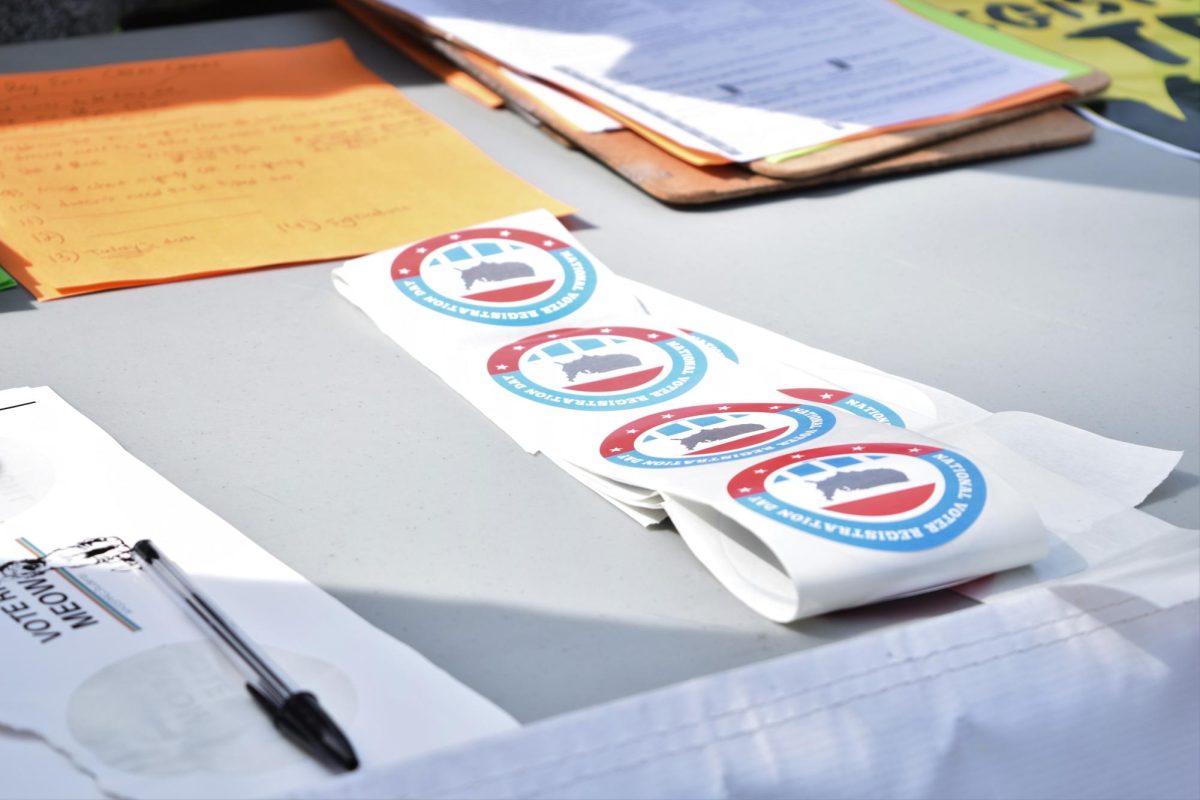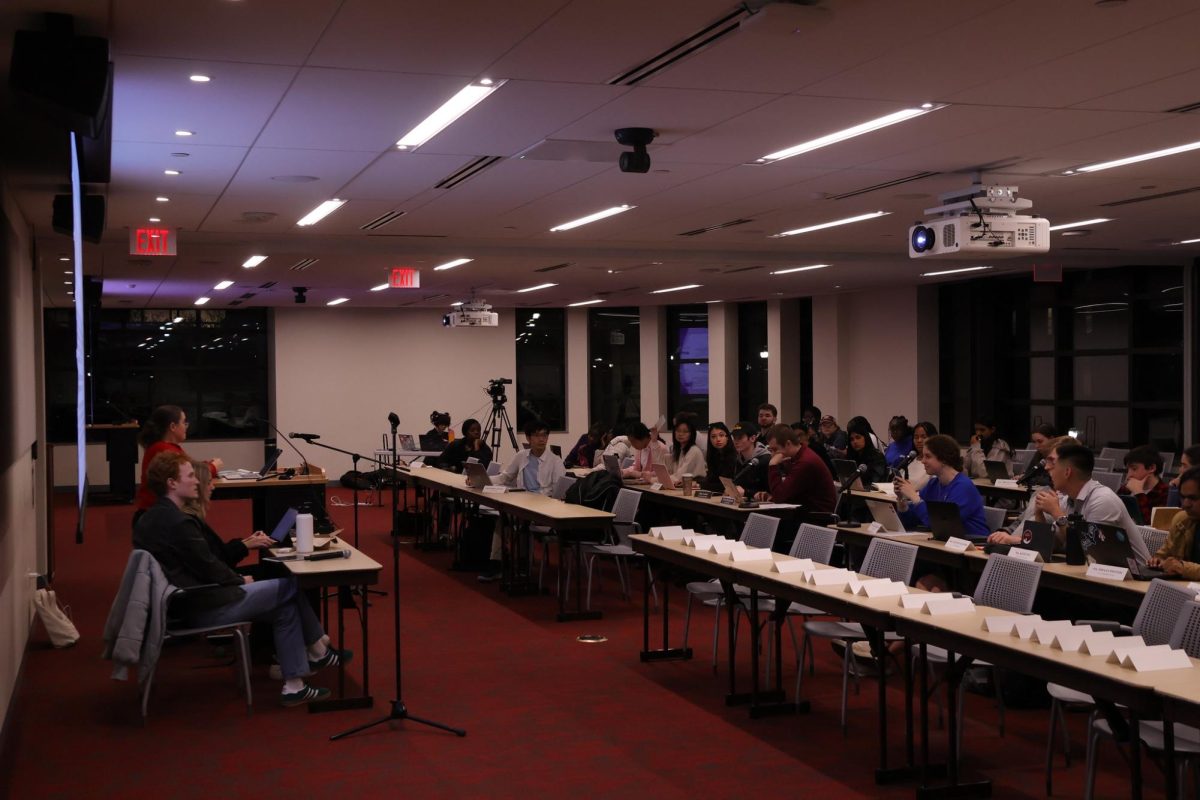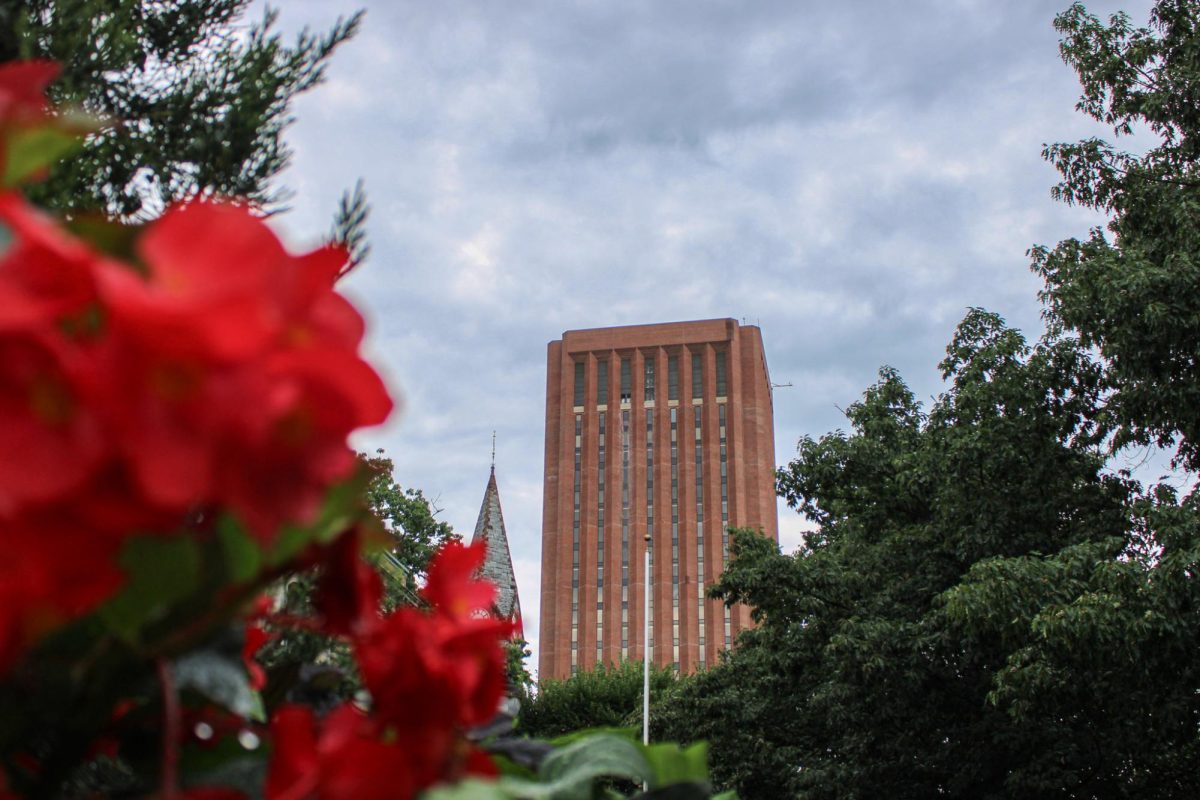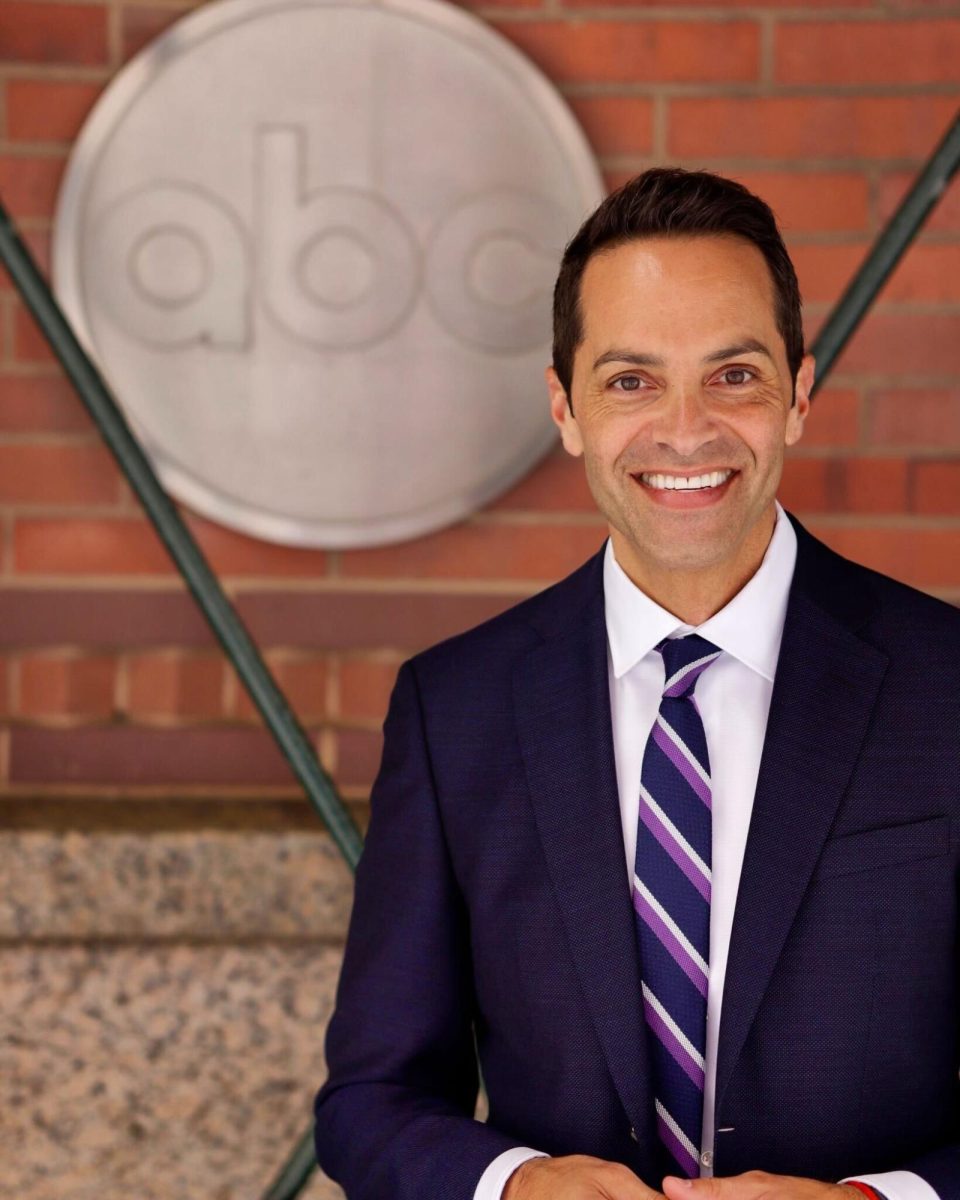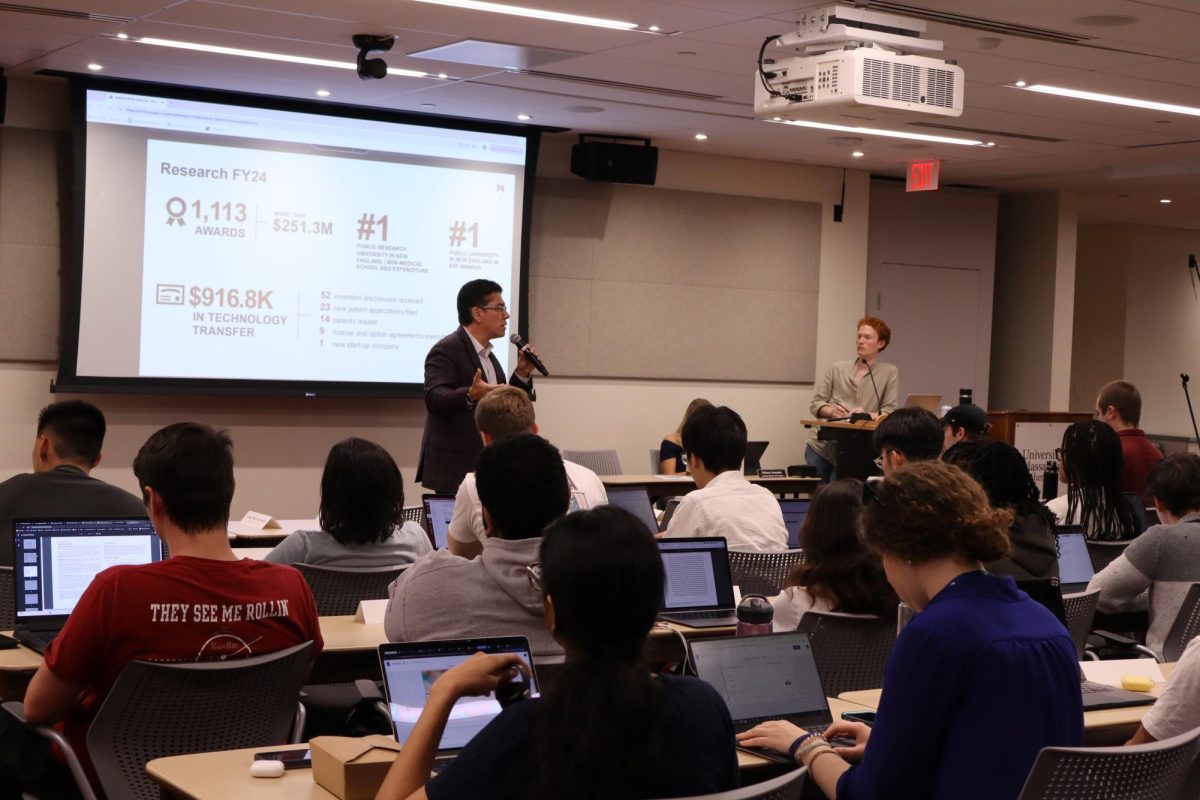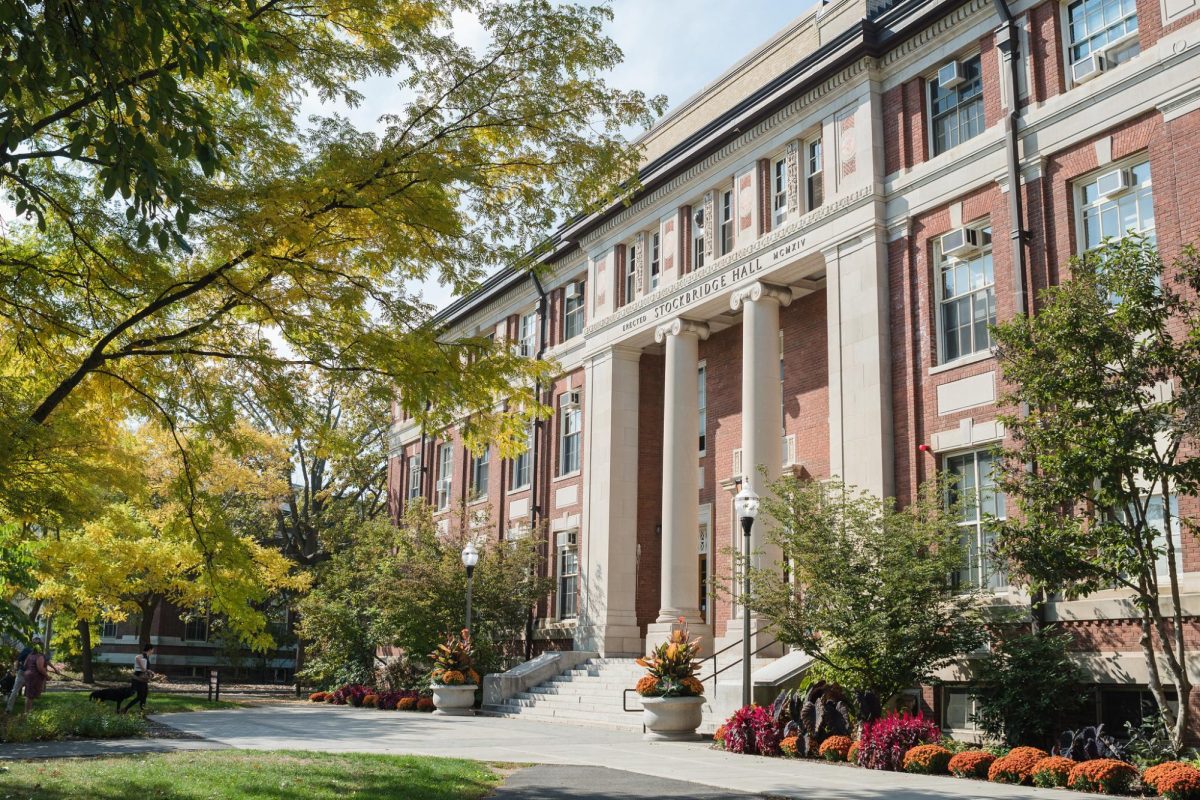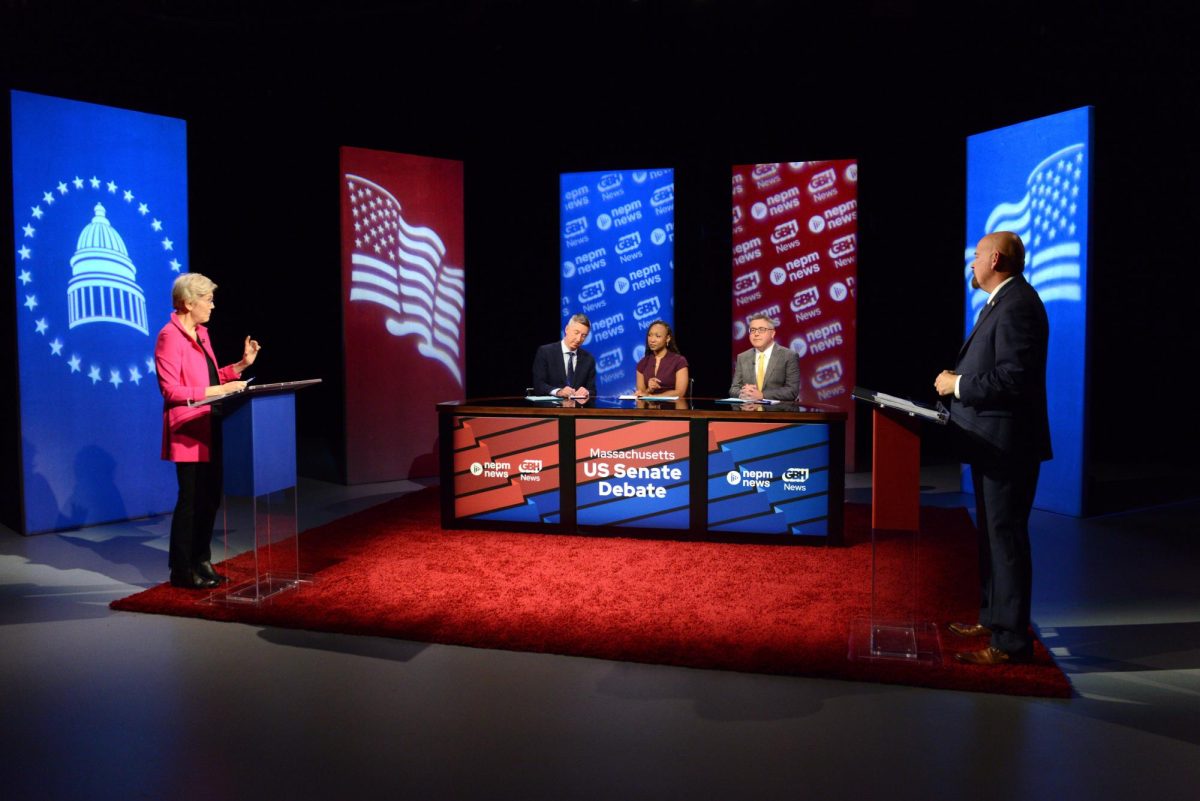The University of Massachusetts Student Government Association has several projects underway: the first meeting of their pouring rights working group, student parent programs and a new app to help get students navigate campus.
The pouring rights working group, part of the SGA’s Food Justice Campaign, will meet for the first time on Thursday morning, Sept. 24.
The campaign was created mainly as a response to the schools’ pouring rights contract with Coca-Cola. According to the group, the brand’s values differ from those of the school, particularly in terms of sustainability, and has raised some questions about whether the school should continue their contract with the brand.
Timmy Sullivan, SGA president, acknowledged SGA senator Barkha Bhandari’s work in creating the group: “The person I’d like to recognize for this is Senator Bhandari for doing really amazing work and ensuring that we can have this working group to evaluate the pouring rights contract on our campus,” Sullivan said.
Another discussion topic at the meeting was the SGA’s partnership with student parent programs, which are targeted at assisting students with children.
SGA announced that it will pair with student parent programs on an initiative to purchase iPads intended to help students who have children that they have to bring with them to class.
“A lot of students have to go to classes and they have children that they need to take with them,” speaker Rachel Ellis said. “This can be distracting from their learning, so they want to buy some iPads that will let them [the children] use educational tools while they’re in class.”
Also at the meeting, it was announced that a UMass student has developed an app to help people get from place to place on campus. The app is called The Campus Access App, and SGA plans to collaborate with its creator to help make it available to students.
“It’s an app that basically allows you to route from point A to point B on campus, and it takes into consideration if you need to use an accessible ramp or something like that,” said Adam Lechowicz, a senator for the class of 2022.
The final item on the agenda was to approve a change in the bylaws. SGA amended a part of its bylaws which relates to the submission and approval of RSOs and budget applications, in order to make it straightforward.
This amendment included many small changes, but there were a few more prominent ones.
Instead of having to respond to requests within two weeks, the secretary of registry will now be able to set the date themselves. As so many applications come in at once, it isn’t feasible for all the responses to be submitted within two weeks. “Leaving it open-ended might be best,” said Uju Onochie, the secretary of the registry.
However, the SGA does plan to amend in the future and add specific dates.
Another change is how groups will be able to request an appeal. This change is to deter groups who are simply unhappy with the decision from applying for an appeal.
The groups will now have to fill out a form that asks them to specify what type of violation occurred, and what they are appealing on the basis of.
“One of the largest problems we’ve had . . . are groups that come in and request an appeal because they aren’t satisfied with the outcome,” said Althea Turley, chair of administrative affairs.
Sophia Gardner can be reached at [email protected].

